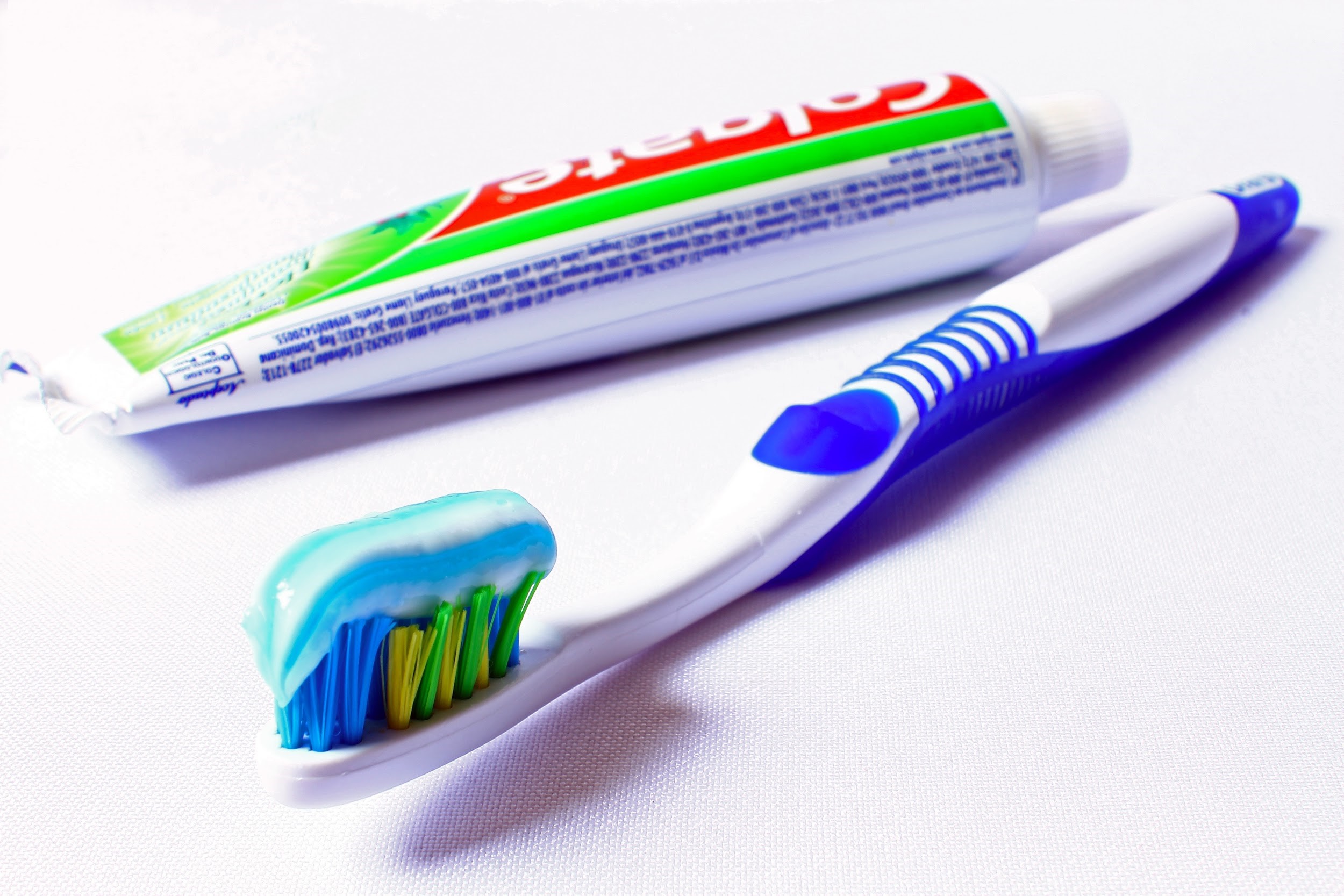Photo Credit: Gadini, Pixabay
Diabetes is considered an epidemic. Around 29.1 million people living in the United States have diabetes. Approximately 1.4 million new cases are diagnosed each year, and 8.1 million people living with diabetes don’t know they have it. Both Type I and Type II affects your body’s ability to process sugar, resulting in high blood sugar levels, which can cause issues with your eyes, nerves, kidneys, heart, and other parts of your body – including your mouth.
Here, we explain the importance of good oral health for those who have diabetes.
The Link Between Diabetes and Oral Health
Untreated diabetes and poor blood sugar control can negatively affect your mouth. You may have less saliva, which can lead to dry mouth. Saliva protects your teeth, so low levels put you at a greater risk of developing cavities, ulcers, and infections. Gums can become inflamed and bleed often, which are signs of gingivitis. Once your gums become infected, you can end up with periodontal disease – a chronic, inflammatory disease that can destroy your gums, the tissues holding your teeth, and your bones. Diabetes can also make you more susceptible to infections inside of your mouth (like thrush) and cause delayed wound healing.
Periodontal disease is the most common dental disease affecting those living with diabetes, affecting nearly 22 percent of diagnosed diabetics. All infections, including gum diseases, may cause blood sugar to rise, which makes diabetes harder to control because of increased susceptibility to infections and decreased ability to fight bacteria invading the gums, notes the American Dental Association (ADA). It’s a vicious cycle.
Regular Dental Visits and Ongoing Care
Regular dental visits are important for everyone, but especially for those with diabetes. Treating gum disease can help improve blood sugar control, which decreases the progression of the disease. Also, practicing healthy oral hygiene habits and having professional cleanings by a dentist can lower your HbA1c, a lab test that shows your average level of blood sugar over the previous three months. Results indicate how well you are controlling your diabetes.
Implementing healthy oral hygiene habits isn’t as difficult as you might think. You only need to brush twice a day for two minutes. You can set a timer, listen to a short song, or watch a two-minute YouTube video. Be sure you’re using the proper brushing technique and the proper toothbrush. Don’t cover your brush when it’s not in use as this can lead to bacteria growth. Instead, simply rinse your brush after each use and allow it to air dry. Never share your brush with anyone. Because bristles deteriorate with time and usage, change your brush every three to four months.
Brushing alone isn’t enough. You also need to floss properly and use a mouthwash and tongue scraper. Flossing gets between teeth where germs like to hide. The floss should be up to 18 inches in length so that you’re using a fresh area of floss every few teeth; otherwise, you’re reinserting the bacteria into your teeth as you floss. Mouthwash goes a step further than flossing, getting rid of debris that irritates the gum line and causes gingivitis. All oral hygiene products should have the ADA seal.
Maintain a Healthy Lifestyle
In addition to practicing healthy oral hygiene habits, keep your blood sugar levels under control through a healthy diet, exercise, and diabetes-related medications. Also, avoid smoking. If you have dentures, be sure to clean them every day, too. Lastly, maintain regular checkups with your dentist as he or she suggests.
Also strategize how to reduce your stress level. The National Institutes of Health cites studies showing that stress contributes to poor oral health in combination with other chronic diseases. If “the boss” at your workplace is an outsized stress factor in your life, Zenbusiness recommends walking a mile in the shoes of your manager and consider the mountain of responsibilities on their shoulders. This may help you empathize, which in turn will reduce at least some of the anxiety.
If diabetes has already led to the loss of one or more of your teeth, consider the potential benefits of dental implants, which are artificial teeth that are screwed into the jawbone to replace natural teeth and their roots. Dental implants are a safe, high-quality, long-lasting, solution to replacing teeth. They allow you to eat and talk comfortably while providing you with a natural-looking smile.
Diabetes can affect your whole body, including your mouth. If you’re a diabetic, you want to pay special attention to your oral health. Understanding proper oral hygiene care and how diabetes affects your mouth can help protect your teeth from damage and help you control your diabetes more efficiently.

